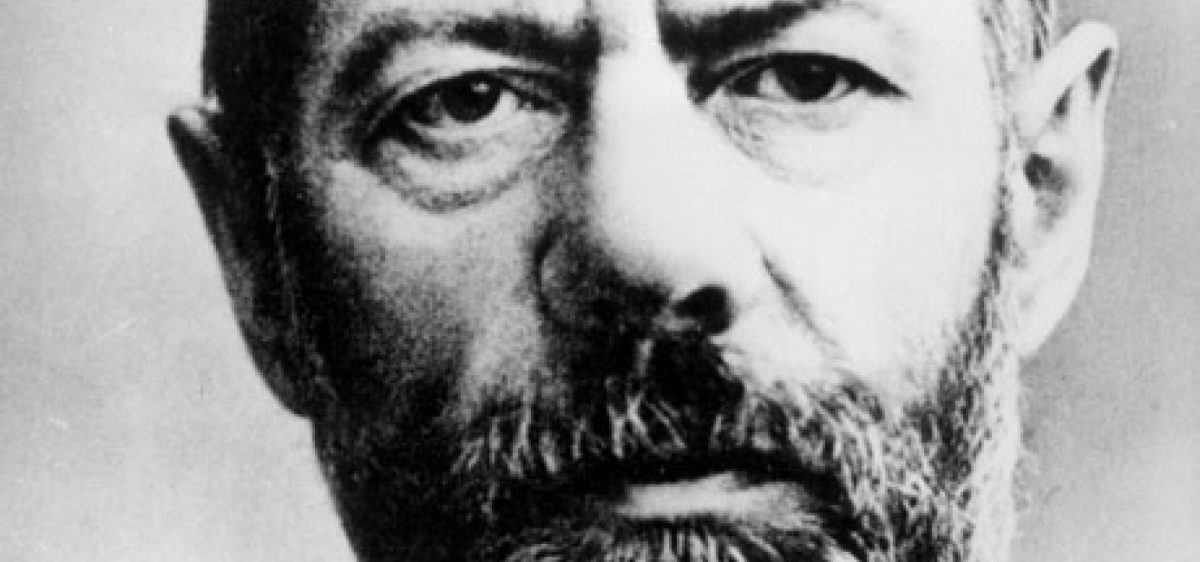英訳にまた明らかな語訳と思われる箇所を発見しました。Lutz Kaelber氏にはメールしましたが、前回の箇所についても何も返信が無かったので、今回のメールも無視されるかもしれません。
今回の誤訳はちょっとひどいと言うか、原文の主語はder Vater(父親)でこれは最後の一文までそうですが、Kaelber氏の英訳は何を考えたのか、途中で主語がSohn(e)(息子)にすり替わってしまい、しかも原文には書いてないことを勝手にくっつけて訳しています。正直な所この人本当にドイツ語のネイティブなのか疑わしく思います。(SohnではなくSohneであり、しかも冠詞はdemなんで3格=与格であることは明らかです。)
ここでヴェーバーが言いたいのは、父親が息子と一緒に貿易のビジネスをやって、その利益の一部をまだ独立していない息子にあげたくても、息子と家族ゲマインシャフトとは別にソキエタス契約を結ばない限りは、その息子への利益供与はほぼ不可能であり(全ての利益は家族ゲマインシャフトに入るので)、敢えてやろうとしたら何か隠し財産みたいなもので法律上財産として扱われるものを、こっそり息子に渡すとかするしかない、その他の手段で例えば現金で支払うようなことは不可能だ、ということです。
元のドイツ語:
(全集版のP.274)
Wenn nun der Vater trotzdem, daß das Vermögen ungeteilt ist, mit den einzelnen Söhnen societates einzugehen überhaupt imstande ist, so muß notwendig auch dem nicht abgeteilten Sohne schon jetzt im Rechtssinn Vermögen überhaupt zustehen, sonst könnte er nichts einwerfen.
societates einzugehen = ソキエタス契約を結ぶ
imstande sein = 不可能である
dem nicht abgeteilten Sohne まだ父親から独立していない(家ゲマインシャフトから別れていない)息子に
zustehen = zugestehen 譲る
einwerfen = 渡す
Lutz Kaelber氏の英訳(P. 141):
If the father at all able to enter into partnership with his sons, in spite of the fact that asssets are undivided, then the son who has not received his share in the property must have a claim to the assets in a legal sense; otherwise, he could not contribute anything,
私の英語試訳:
If then, the father, nonetheless, under the condition that the property is not divided and it is generally impossible to enter into partnership with each son, then he must inevitably transfer now some asset in general by legal definition also to an unseparted son (from the family association), otherwise he would not be able to pass anything (to the son).
